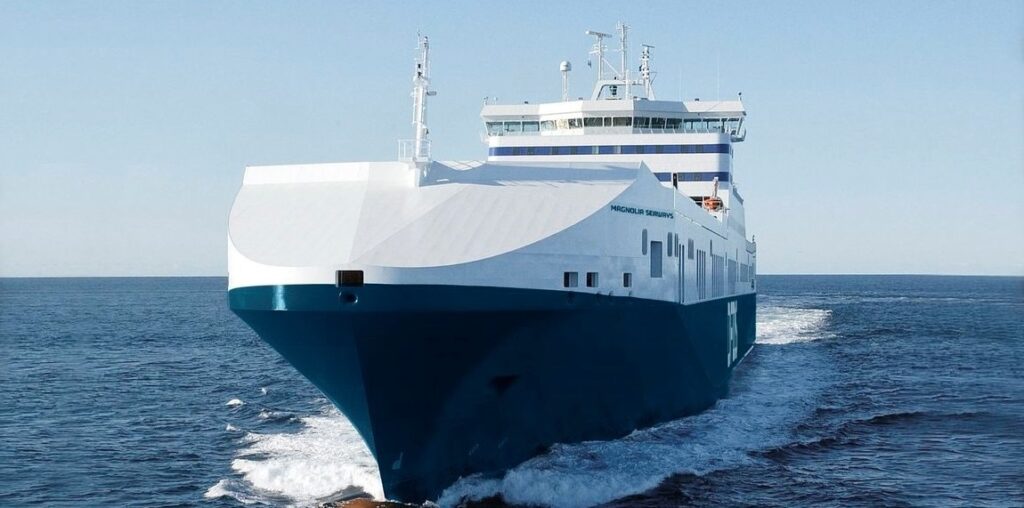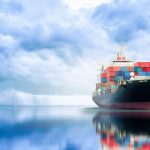Danish ferry and logistics company DFDS revealed plans to launch its first green vessel no later than 2025.
The company is accelerating its climate plan in an effort to decarbonize the maritime sector sooner than expected.
DFDS has for some time worked to develop a hydrogen ferry. The learnings from this project enable DFDS to accelerate part of its climate strategy related to newbuilds and retrofits.
Starting with the launch of Project Green Vessel 2025, the ferry operator will now move up ambitions for its first green vessel by 2025.
To meet the new deadline, DFDS has formed Sustainable Fleet Projects, a new department tasked with decarbonizing the company’s vessels, starting with addressing urgent challenges regarding the development of the inaugural green vessel.
As informed, the department’s work this fall will revolve around three key topics — defining whether the vessel should be a new build or retrofit, defining which green fuel the ship should run on, and deciding which route it should be deployed on.
Infrastructure in ports and harbours needs to be developed
Green vessels aren’t enough. When entering ports and harbours the vessels will need to recharge at the shore and this creates new demands for ports and harbours. Ports need to have the infrastructure to refuel vessels with hydrogen, ammonia or methanol, according to DFDS.
The development of this new infrastructure must begin now to be ready for the first green vessels, DFDS said.
During the DFDS-hosted Bunker Workshop on 7 September, the company invited ports, authorities, and shipowners to begin a discussion on how to identify bunker alternative fuels in the very near future.
“We must start somewhere – and as fast as possible – if we want to decarbonize the maritime sector and make a difference in the fight against climate change,” Jakob Steffensen, Lead Innovation responsible at DFDS and host of the Bunkering Workshop, commented.
A year ago, DFDS developed an ambitious climate plan unveiling its goal to become climate neutral by 2050.
The company is aiming for a relative reduction of greenhouse gas (GHG) emissions by close to 45 per cent from 2008 to 2030.
One of the measures in the company’s long term plan includes a switch from fossil fuels to the new generation of zero-emission fuels.
Source: Offshore Energy





